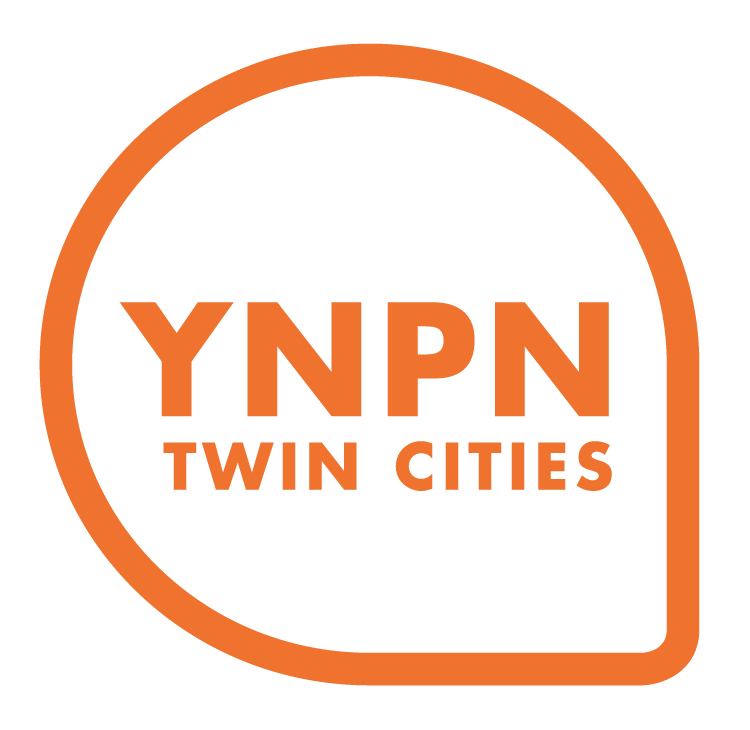We are not family: Debunking a capitalist myth in nonprofit organizations
by Emily Pyle
In one of my first nonprofit jobs, I worked for a small organization. In my interview I remember being told that the staff was so close that they were like a family. As a recent college graduate just starting my professional career, I was excited by this idea. What could be better than a group of passionate advocates caring so much about creating social change in our community that they are brought together like a family? Unfortunately, I quickly learned that they were in fact like a family – an extremely dysfunctional and problematic family. This “family” narrative didn’t make it easier for me to connect with my job - it gave the higher-ups license to gaslight the staff making it harder to call out issues within the company. Since it was an organization steeped in white supremacy culture, anyone who spoke up was villainized. The treatment of the BIPOC staff was worse.
When I left this job, I thought a lot about the “family” narrative I was fed when I joined the organization. It was drastically different from my experience. Did this organization genuinely believe that they were fostering a familial environment? And if they did, how could they treat their staff this way? A few years after my departure, I began talking about my experience with other young nonprofit professionals. To my surprise, many other folks that I talked to were similarly told that the staff at their workplaces were a "family" but were in fact dysfunctional. It became evident to me that this was indicative of a larger issue in the sector. In 2018, Alison Green (creator of the website Ask a Manager) spoke with the New York Times about this very issue, stating that when an organization describes their staff as family, “boundaries get violated and people are expected to show inappropriate amounts of commitment and loyalty, even when it’s not in their self-interest.”
Nonprofit organizations attempt to perpetuate an image that they are sources of activism that fight systemic oppression. However, many of them are also businesses modeled after for-profit companies in a capitalist society and uphold the tenets of white supremacy culture, as they go hand in hand. In Dismantling Racism: A Workbook for Social Change Groups, Kenneth Jones and Tema Okun outline 13 characteristics of white supremacy culture and how they manifest in the workplace. The “family” narrative in nonprofit organizations doesn’t work because organizations that are steeped in capitalism and white supremacy culture cannot value their workers like family. I have picked out four of these characteristics and will describe how they are related to the family narrative.
Above image credit: Melanie Walby
Either/Or Thinking
The aspect of Either/Or Thinking that is most relevant among the family narrative in nonprofits is that you’re either “with us/against us.” When you state upfront that “family” is the connection that you are meant to strive for within your organization, it indicates that if you are not on board, then you are no longer family and are ostracized from the team. This harmful statement forces people to sign onto things they are not comfortable with, remain silent when they see things they don’t agree with, and, as Green points out, can be used to shame staff for negotiating for raises since they might not be taking the “family” into consideration. In my experience, this shaming went a step further when it came to working for a nonprofit. When we raised concerns about the organizational culture, we were not only shamed for opposing the organization, but for betraying the community we were supporting. These retaliations can also manifest in another trait of white supremacy culture in the workplace - Fear of Open Conflict.
Power Hoarding
Power Hoarding can manifest in different ways, but it relates to the family narrative when people in power feel threatened when employees comment about changes in organizational culture. Green states in her interview that the family narrative is perpetuated because the dysfunction is so embedded within the organization, that those in power have been conditioned to believe the narrative. This is not to absolve them of the responsibility of upholding the narrative, but it does shed some light on how it contributes to them automatically feeling threatened when problems are brought up.
Objectivity
Objectivity asserts that “emotions are inherently destructive” and people who show emotions shouldn’t be taken seriously. When nonprofit leadership invites their staff to become emotionally involved in the organization rather than the mission, it opens the door for that leadership to then gaslight and manipulate. This goes a step further when you are also emotionally invested in the mission of the organization and the community you are supporting.
Alison Green calls upon workers to keep this in mind when they are interviewing for new jobs and ask about the organizational culture. You can usually get a sense for how the organization values their workers by asking those questions. Ultimately, I am not saying that it is wrong to become close with your coworkers. In fact, you should create trusting relationships with the people in your organization. Talking openly about your salary, giving advice on negotiating raises, and confiding with one another about your work-related feelings is very important. What I am saying is that nonprofit organizations and their leadership need to eradicate the “family” myth, as it works as a tool to uphold systemic racism, sexism, heteronormativity, and keeps workers earning low wages.
Emily Pyle | @emily_rpyle



